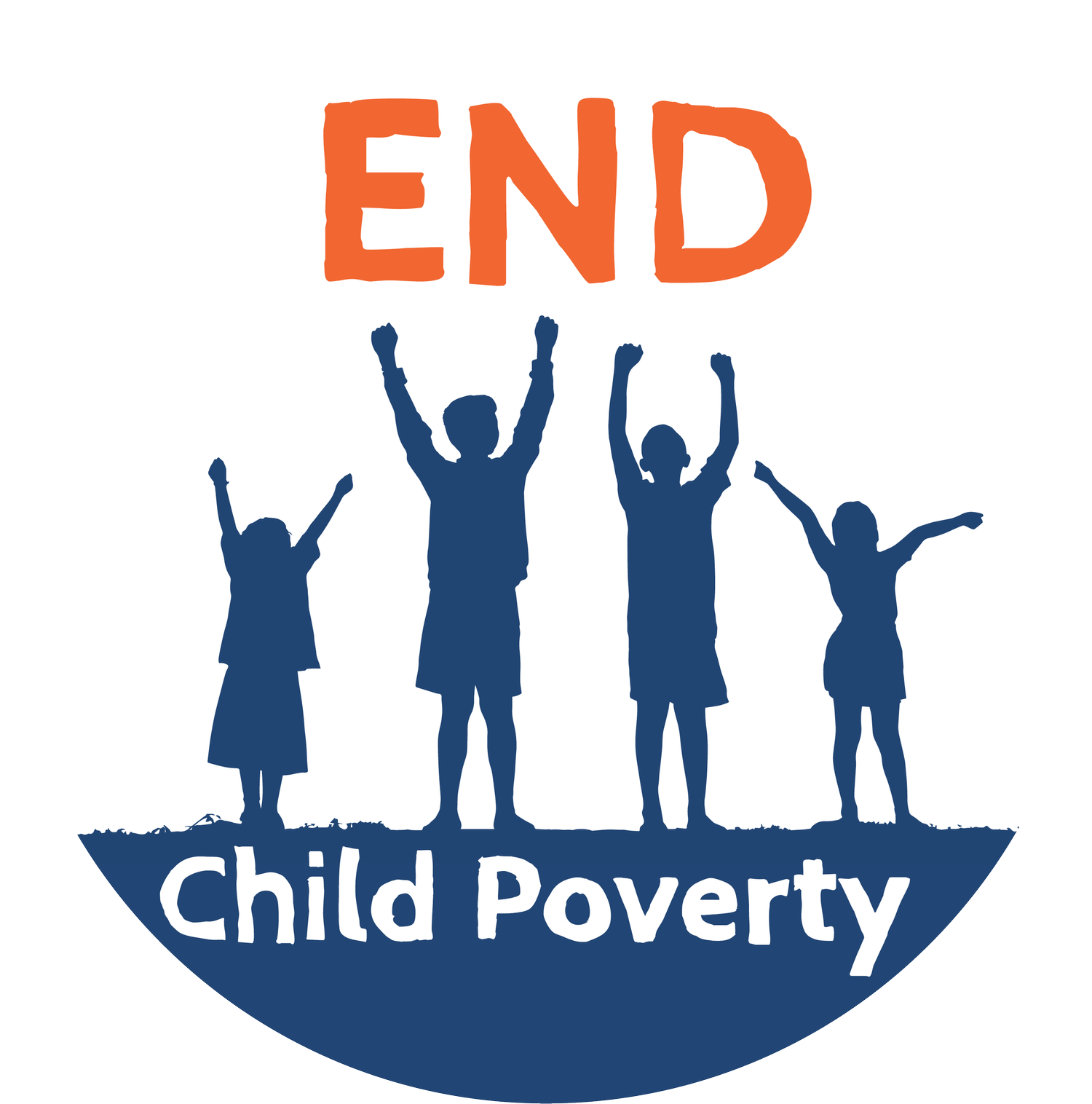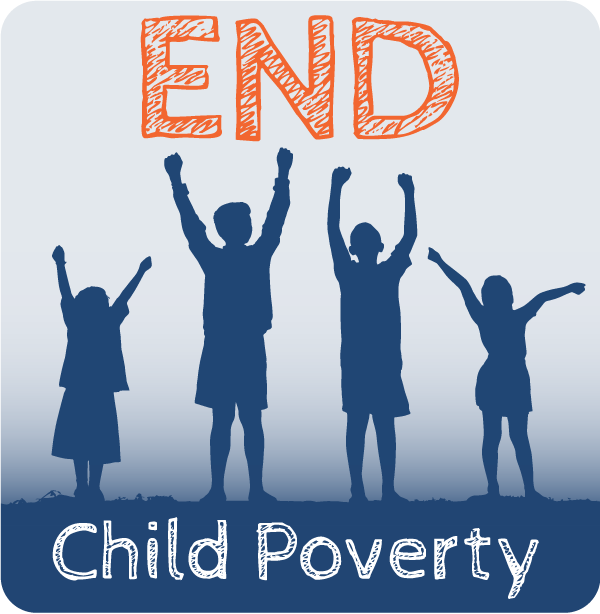ARACY To have and to have not: Measuring child deprivation and opportunity in Australia
Author: Kate Sollis
ARACY has released a groundbreaking report that adds to our ongoing End Child Poverty Campaign, highlighting how well children’s needs are being met across five key areas critical to their wellbeing.
Using The Nest framework, the report explores:
Being Loved and Safe
Having Material Basics
Being Healthy
Learning
Participating
Having a Positive Sense of Identity & Culture
In summary the report finds -
Children in jobless families were more likely to suffer a greater number of deprivations than any other group examined. For example, they are over 4 times more likely to be homeless than kids in families where an adult works, nearly twice as likely to be bullied or socially excluded, and almost two and a half times more likely to miss out on learning at home.
Children in monetary poverty suffered far more than just lacking material basics. They are over 1.7 times more likely to face food insecurity, nearly twice as likely to lack strong friendships, and two and a half times more likely to miss out on learning at home.
Children with disability experience significant social exclusion, both at school and in the community. They are up to three times more likely to lack friendships and around twice as likely to experience mental health concerns.
For all Australian children, the highest rate of deprivation was through frequent bullying or social exclusion, which is as high as 28% at age 8-9. Deprivation in health worsens over time, with almost 40% of children aged 10-11 deprived in this area. Over one-quarter of children aged 10-11 don’t eat any fruit or vegetables daily, and nearly 1 in 10 children aged 6-7 show signs of social-emotional stress.
ARACY makes six recommendations, summarised below:
A fair go for all kids – increase assistance to low-income families.
Healthy bodies – introduce regulation to reduce the amount of unhealthy food marketing reaching children.
Healthy minds - prioritise preventative and early intervention programs to improve the mental health of Australia’s infants and children.
Safe at school - introduce evidence-based anti-bullying programs in ALL Australian schools.
Widen the school gates - a more inclusive education system with adequate resourcing.
Get to know our kids better - better data on our children to guide better policy.


